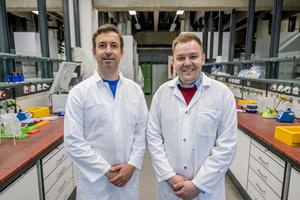Overview
- Published July 17 in the Journal of Medicinal Chemistry, experiments showed the gallium(III) complex triggers immunogenic cell death by inducing oxidative stress in the endoplasmic reticulum of cervical cancer cell lines.
- The compound releases damage-associated molecular patterns from the endoplasmic reticulum and nucleus that signal immune cells to recognize and destroy tumor cells.
- This immune training approach targets metastatic cells responsible for roughly 90 percent of cancer fatalities.
- Next steps involve packaging the compound for selective tumor accumulation, followed by activation with external triggers such as ultrasound or light.
- Successful cell culture results pave the way for forthcoming preclinical in vivo studies to assess the therapy’s efficacy and safety.
